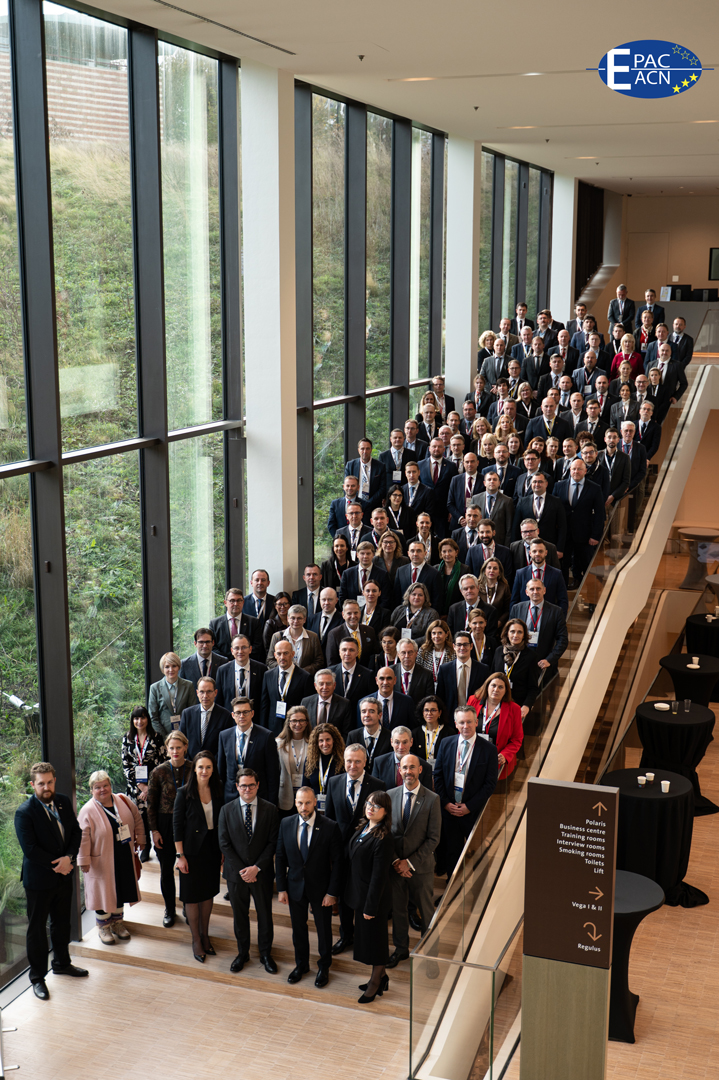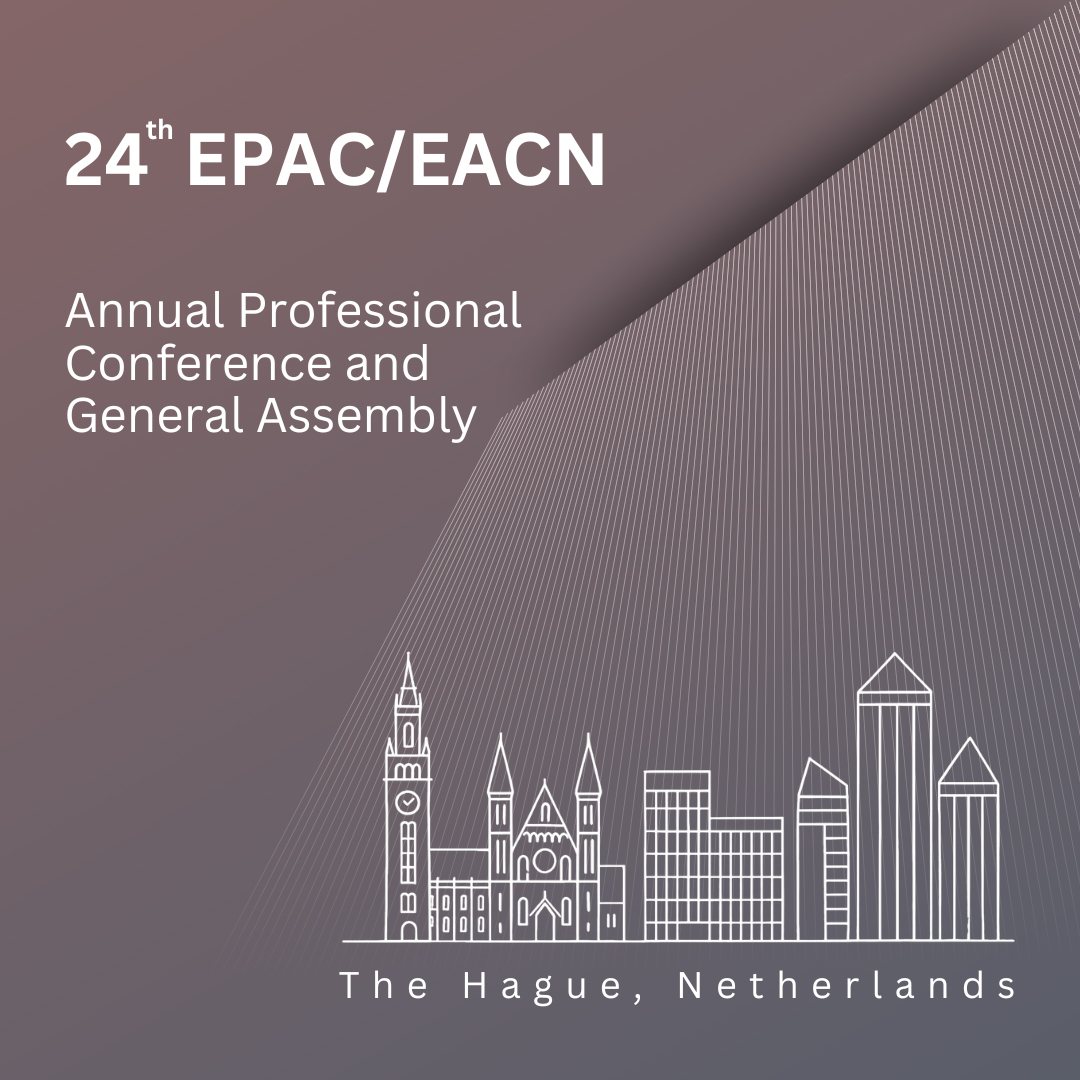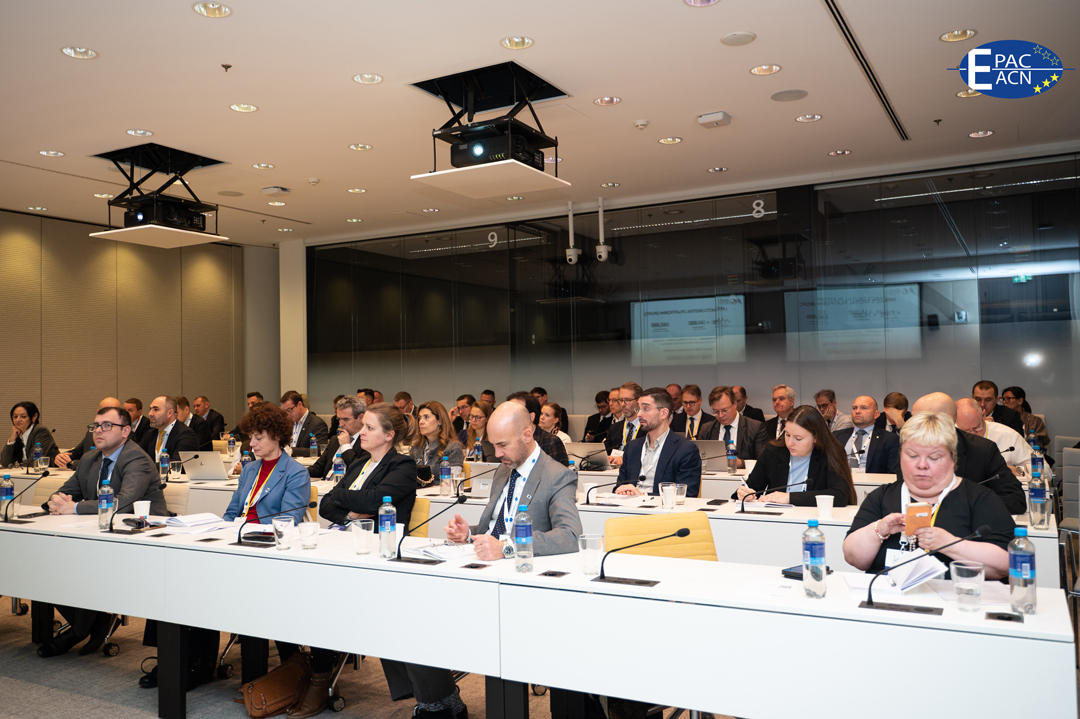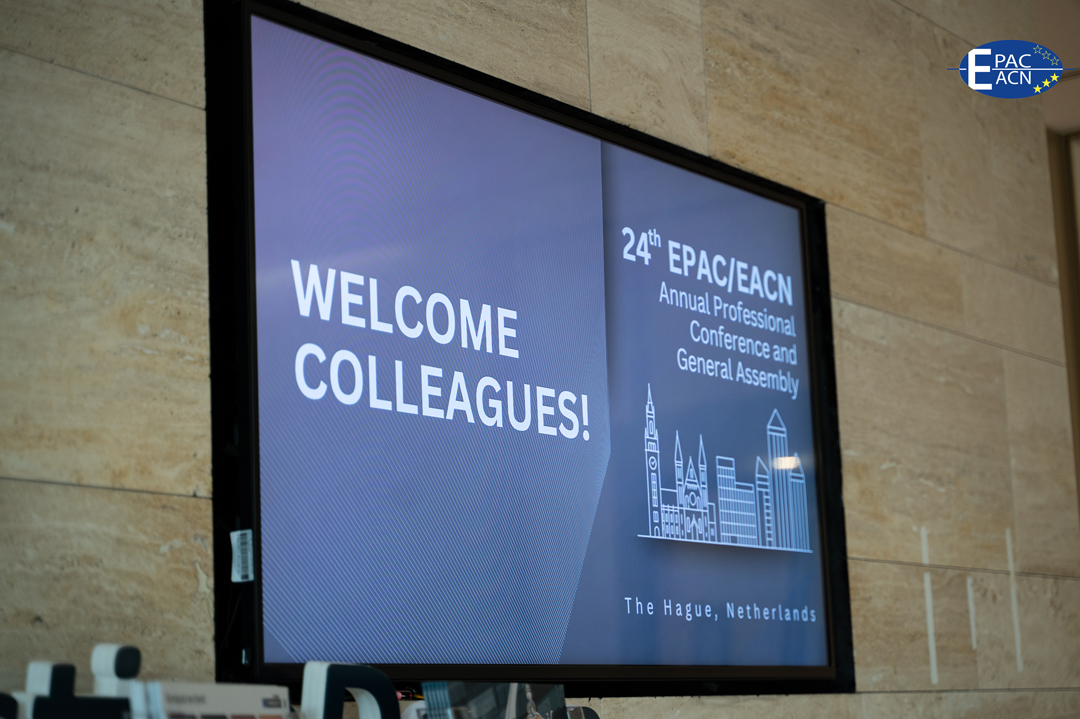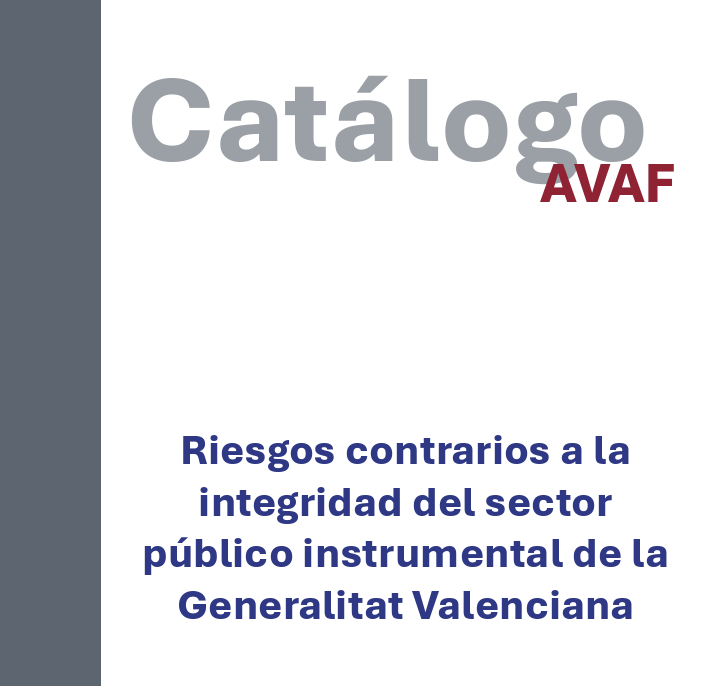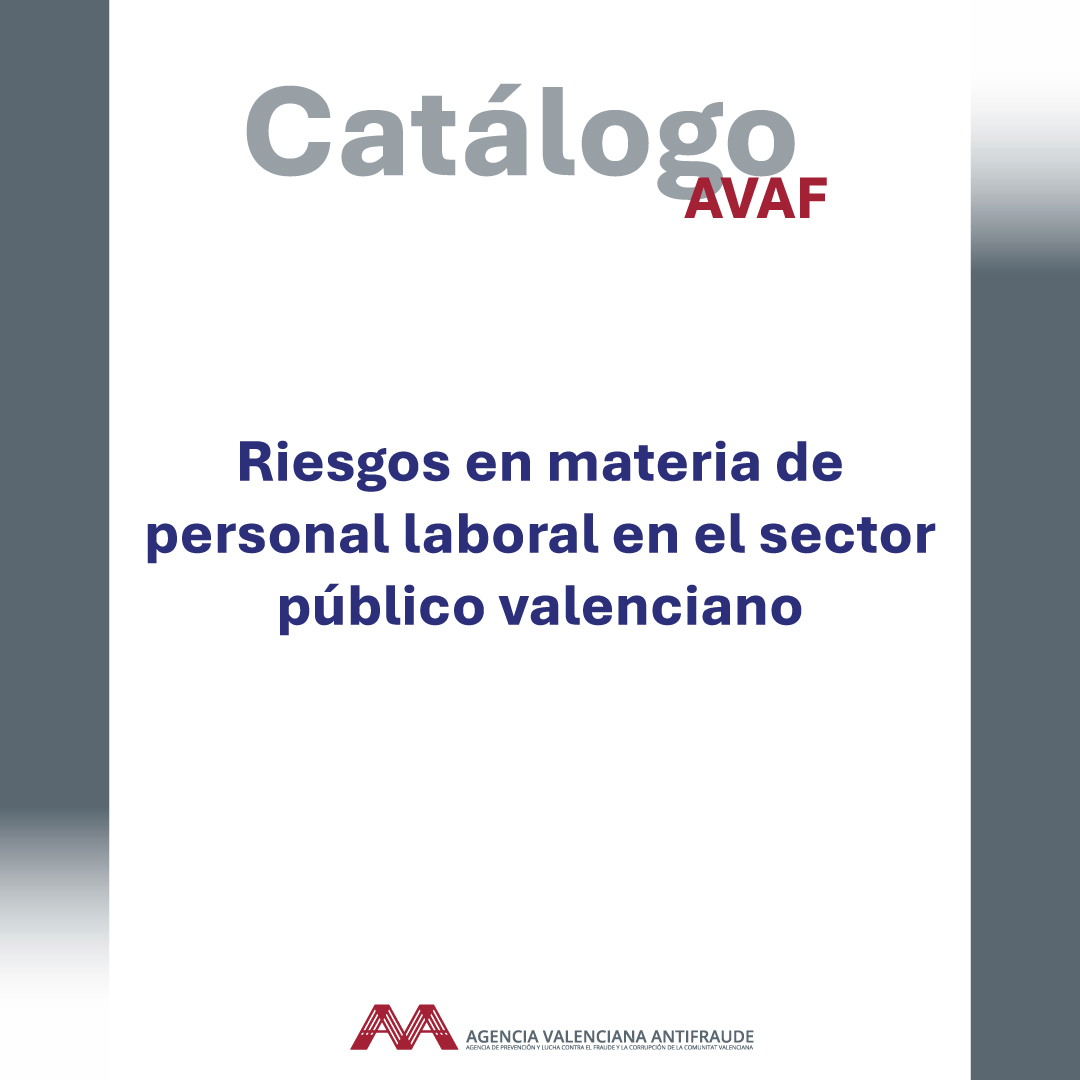AVAF attends the EPAC/EACN Conference in The Hague, where the Declaration to strengthen anti-corruption cooperation in Europe is adopted
València, 2 December 2025.- The 24th Annual Conference and General Assembly of the European Partners Against Corruption (EPAC) and the European contact-point network against corruption (EACN) was recently held in The Hague (Netherlands), with the participation of the Valencian Anti-Fraud Agency (AVAF). This year, the conference was organised in cooperation with Eurojust. Following this year’s General Assembly, 7 new members joined the network, bringing the total to 126 European institutions from 40 countries.
AVAF was represented by Miguel Ángel Cervera, Secretary-General of the Agency, at a meeting that gathered more than 150 participants from nearly 80 institutions across more than 30 countries. Speakers included representatives from the European Commission, the Council of Europe, the European Public Prosecutor’s Office, Europol, Eurojust, OLAF, and various anti-corruption agencies and police oversight bodies from across Europe.
This event is one of the main European forums dedicated to the exchange of good practices in preventing and combating corruption, as well as in police oversight. During the meeting, the Hague Declaration was adopted, calling for greater institutional independence, enhanced cooperation, and renewed efforts to prevent and fight corruption throughout Europe.
The Conference focused on strengthening cooperation between anti-corruption and police oversight institutions, exchanging practical experiences, and addressing current challenges to promote integrity and transparency. Discussions covered key issues such as measuring and preventing corruption, transparency in public procurement, innovations in anti-corruption practices, education and awareness-raising, and the development of resilient institutions in post-conflict and transition contexts.
The Hague Declaration reaffirmed the shared commitment of European anti-corruption authorities and police oversight bodies to integrity, transparency, and the rule of law. It calls for greater institutional independence, professional standards, and international cooperation in the fight against corruption and in ensuring accountability. Members are encouraged to exchange good practices, strengthen cross-border collaboration, and ensure continuous professional development. States are urged to guarantee adequate resources, transparency in open data, and protection for prosecutors and investigators. The declaration also invites EU institutions and international organisations to reinforce common anti-corruption standards, provide technical assistance, and promote coherent and coordinated global efforts.
Information extracted from the EPAC/EACN press release:


